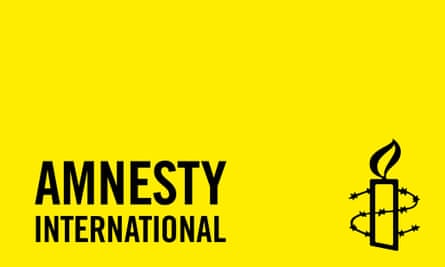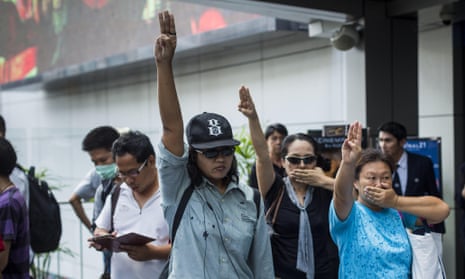Books are small, but they’re dangerous, no doubt about it. Otherwise they wouldn’t be censored, banned or removed.
Amnesty knows better than most how writers and readers can be some of the most feared people in society in the eyes of repressive regimes. Governments are right to revere them. Amnesty also knows better than most that writers and readers are some of the most powerful instruments of change.
“Books are my freedom,” says author Jeanette Winterson. And it’s true: like tiny incendiary devices, they open up whole wide worlds that some people don’t want us to know about. We carry their contents in our heads for days, months, years. They teach us to empathise, they help shape our identities and they empower us to stand up for ourselves and each other. It’s combustible stuff.
What are the dangers?
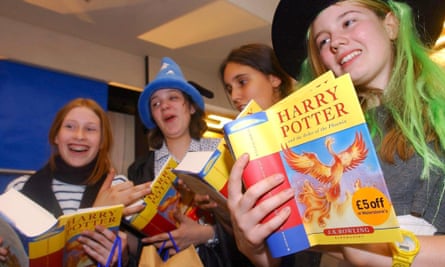
In the United States hundreds of books are removed from schools and libraries every year by zealous regional education boards. They include classics such as Huckleberry Finn by Mark Twain, The Wizard of Oz by Frank L Baum (yes, truly), Beloved and even the much-loved To Kill a Mockingbird by Harper Lee. Harry Potter is one of the most banned (for promoting witchcraft, in case you’re wondering). It’s worth looking up the reasons here.
American author Judy Blume, whose books for children and young adults, such as Forever, have been frequently censored because of their frank approach to sex, says she doesn’t write to be controversial but to be honest. “I believe that censorship grows out of fear, and because fear is contagious, some parents are easily swayed. Book banning satisfies their need to feel in control of their children’s lives. This fear is often disguised as moral outrage. They want to believe that if their children don’t read about it, their children won’t know about it. And if they don’t know about it, it won’t happen.”
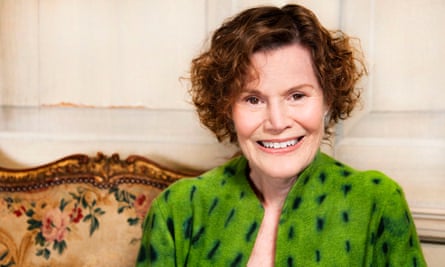
And what are people afraid of? It’s that children, young people and citizens may be exposed to new ideas, that we might start pushing for change. Those in authority (whether parents or the state) who are afraid of uncomfortable truths will see books as symbols and enablers of dissent. Parents may deny access, but repressive regimes can and do burn books, imprison authors and publishers, and punish readers, for reasons that can defy logic. When Black Beauty (the famous children’s book about a horse) was banned in apartheid South Africa, it mystified everyone until the penny dropped. Ah! The censor hadn’t read it and assumed it was about an attractive black woman – a totally unacceptable notion at the time.
In the UK we have certainly had our share of book-banning, but nowadays “dangerous” books are most likely to be those that parents and schools don’t allow, usually for prurient or religious reasons, the ones we read under the duvet with a torch… One of my 20-something colleagues was recently embarrassed to read The Monkey’s Paw (a lesbian thriller novel written in verse) in the same room as her parents. She knew it was ridiculous, but such is our ability to self-censor because of social pressure. Then of course there was the infamous banning of books in British prisons last year – ostensibly because of drugs and weapons potentially concealed between the pages rather than the ideas that definitely lurk there.
Don’t silence the writer or the reader
For writers and artists, the right to freedom of expression is as vital as air. It’s about being true to yourself. Ali Ferzat is a prominent Syrian cartoonist whose hands were broken by President Assad’s security forces in 2011 to stop him from drawing. But he can’t stop, saying, “When I draw, it is as if a voice is shouting inside me”.
It’s ironic that repressive regimes value the power of books more highly than do democracies. But wherever we live in the world, writers and artists use words and pictures to illuminate truths both internal and external. There is a lovely line in a poem by censored Afghan poet Partaw Naderi, who talks about “a silenced song on my lips”. If books help us to become who we truly are, censorship represses not just writers but the evolution of ideas and the expression of identity.
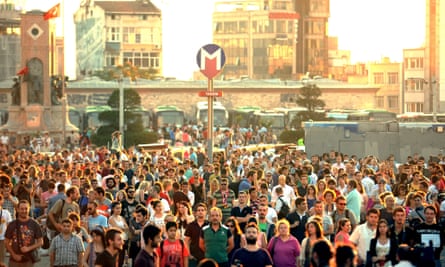
And yes it’s true that books enable dissent, because by opening our imaginative horizons they encourage us to see what the world could be like. In 2013, the so-called Taksim Square book club in Turkey gained international attention as people stood for hours, silently reading books in non-violent protest to police brutality.
In Thailand recent protests by students have been very bookish, with members of the Dao Din group arrested for for flashing the three-finger “Hunger Games” salute during a speech by Prime Minister Prayuth Chan-Ocha and others arrested for protests involving eating sandwiches and reading Orwell’s 1984.
The V&A museum recently held an exhibition of Disobedient Objects which included pictures of Italian students wearing “Book Blocs” - home-made shields designed as book covers - to protest against cuts to education, an idea which rapidly spread among student movements across Europe and the US. See more here and watch a video how-to guide to making book bloc shields.
It’s quiet dissent, but it’s powerful – and it’s all inspired by books.
A Picture Tells a Thousand Words
As part of Amnesty International’s programme on fiction and human rights, they have invited Children’s Laureate Chris Riddell and illustrator Debi Gliori to the Edinburgh International Book Festival to discuss how picture books and graphic novels help young people understand complex issues, talk about human rights, and empower them to stand up for themselves and each other. On Monday 31 Aug, 5.45pm–6.45pm at Scottish Power Foundation Studio. Find out more about the event here.
Interested in finding out more about Amnesty International?
- Are you a photographer, performer, reporter or poet? Or do you stand up for human rights by campaigning or fundraising? Enter the Youth Awards and make your voice heard!
- Set up an Amnesty youth group with your friends! Here’s how:
- Take action for 29-year-old Iranian cartoonist Atena Farghadani, imprisoned for nearly 13 years for cartoons that poke fun at the regime.
